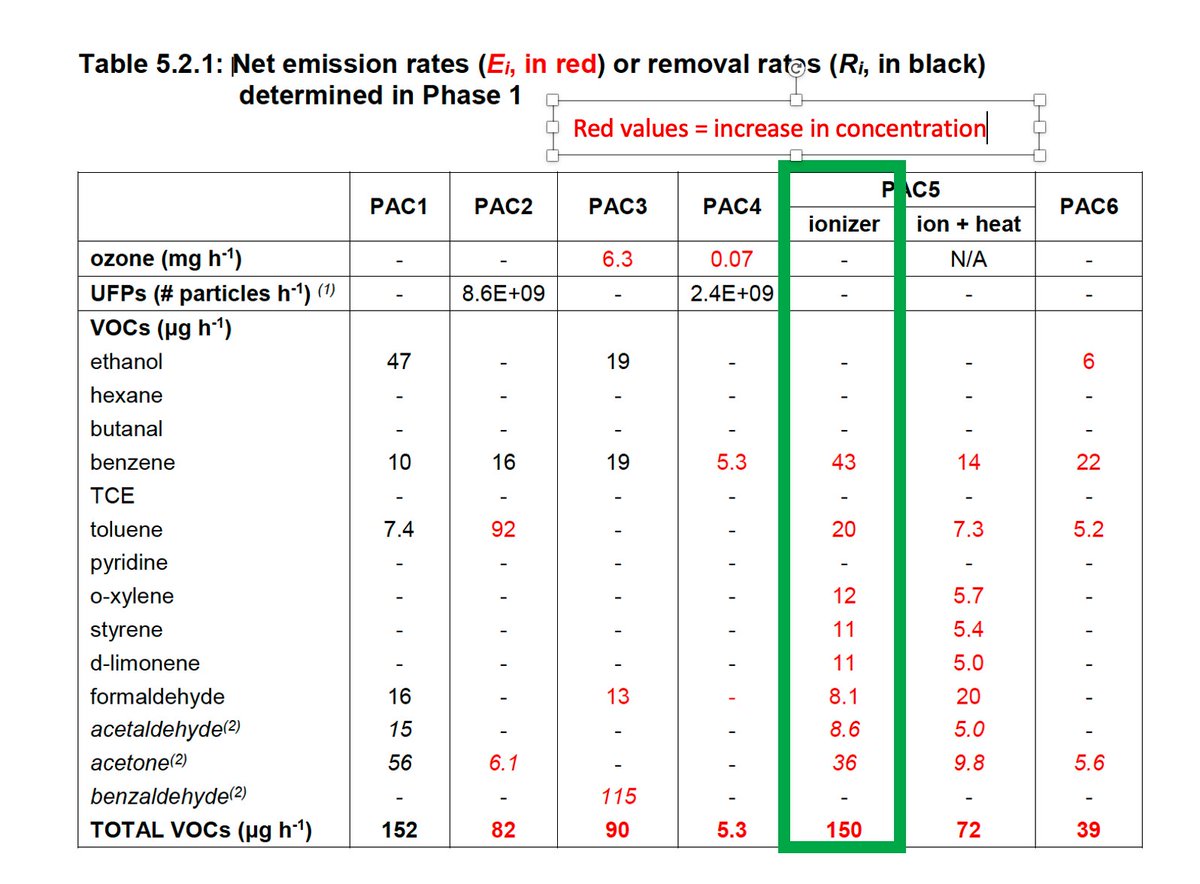
🧵 Answers to what the different strategies will result in term of air change rate
Example used throughout the thread:
👉Classroom: 960 ft2: 30' x 32’
👉Number of occupants: 30 (this is the design number, taking into account average classroom density).
Example used throughout the thread:
👉Classroom: 960 ft2: 30' x 32’
👉Number of occupants: 30 (this is the design number, taking into account average classroom density).
Ventilation by code, this classroom should have 415 CFM airflow of outside air or 14 CFM/person.
👉This airflow is being forced through the HVAC system (unit in classroom or mechanical room).
👉This airflow is being forced through the HVAC system (unit in classroom or mechanical room).

Many classrooms are at full capacity, meaning that social distancing of 6 feet is not adopted - further highlighting the importance of masks/ventilation/filtration MERV HEPA/UVGI. 

Exploring what different combinations of outside air and filtration and UVGI will result in terms of air change rate:
What is the target of air change rate? General agreement 5 or above ACH.
What is the target of air change rate? General agreement 5 or above ACH.

Check different combination ventilation/filtration/HEPA mitigation strategies and the resulting ACH: 

Here is some good news:
Mechanical Filtration cost (if there is a place/capability to install filters)
The Yearly cost including two replacements of MERV 13 filters will be $28.
Let's assume it takes $5 of labor cost to install a filter.
Total cost/Year = $48 to get ~5 ACH.
Mechanical Filtration cost (if there is a place/capability to install filters)
The Yearly cost including two replacements of MERV 13 filters will be $28.
Let's assume it takes $5 of labor cost to install a filter.
Total cost/Year = $48 to get ~5 ACH.
For a 960 ft2,
👉5 ACH: purchasing 2 x air cleaner with CADR = 320 CFM costs ~$17/student for first year.
OR
👉5 ACH: MERV 13 costs $1.6/student each year.
👉5 ACH: purchasing 2 x air cleaner with CADR = 320 CFM costs ~$17/student for first year.
OR
👉5 ACH: MERV 13 costs $1.6/student each year.
• • •
Missing some Tweet in this thread? You can try to
force a refresh




















